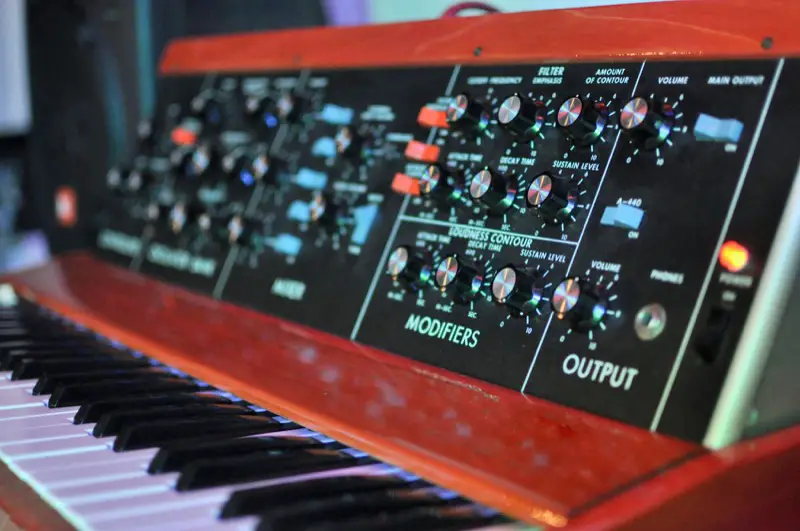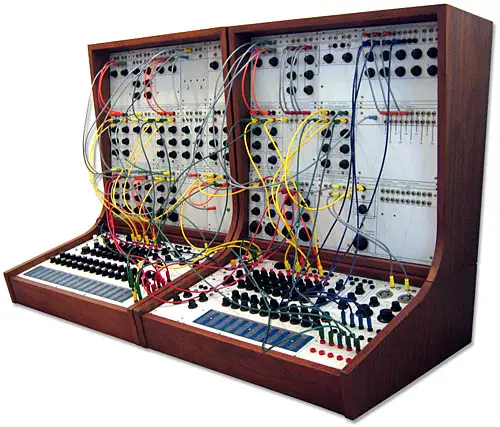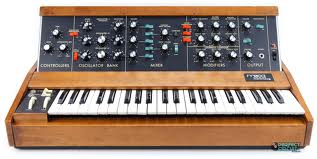
Fantastic Tutorial! A Beginner’s Guide to Synthesizers
Are you interested in electronic keyboards but don’t know where to begin? Gizmodo has this fantastic tutorial for beginners. All music fans should give it a look.
You know the sound. Listen to Devo’s “Whip It” or Parliament’s “Flash Light.” Like countless modern pop songs, they’re full of sounds that aren’t made by acoustic instruments; the sound is pure synthetic. You’re listening to electricity manipulated by a machine.
This guide is an attempt to demystify the ubiquitous sonic gadget—not for audiophiles or synth nerds, but for anyone that listens to music in the 21st century and is curious about how it’s made.
Creating Sound From Scratch
Let’s start at the beginning, 50 years ago, when an electrician (not a musician!) named Robert Moog devised a new way to make sound: using an electrical signal.
On the heels of the invention of the transistor, Moog (rhymes with “vogue”) made a machine that could break sound down into its most fundamental properties and control every aspect of it with voltage—essentially building sound from scratch.
Which is why to really understand anything about synths, you have to have a basic grasp of acoustic theory. So let’s go back to physics class a second.



